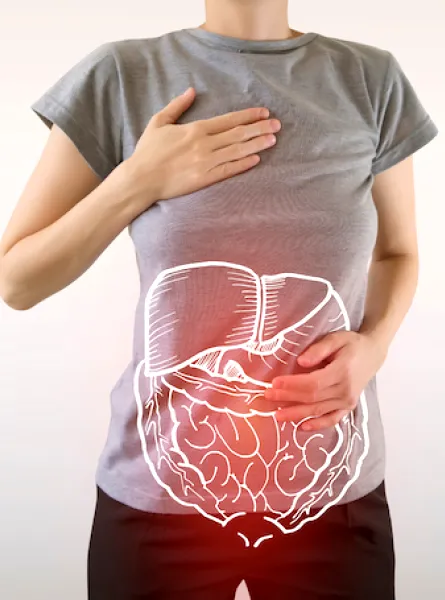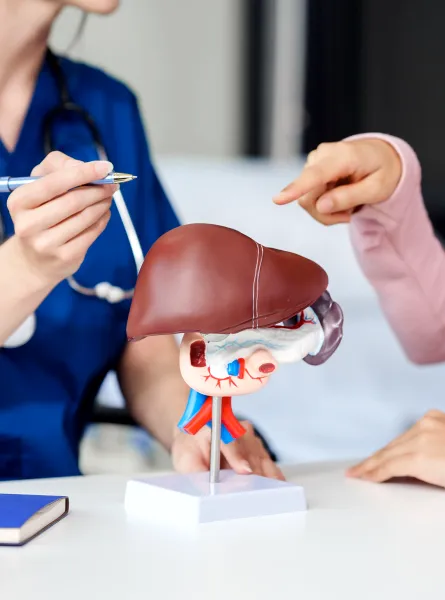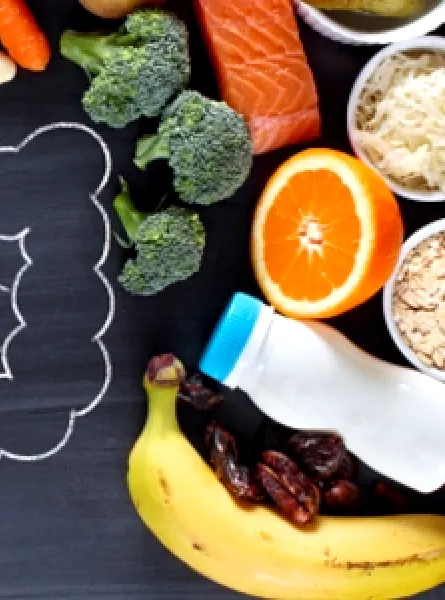
Diverticulosis is a disease characterized by the presence of diverticula, tiny pouches that develop when parts of the intestinal wall give way under pressure and form bulges. When these become inflamed or infected, it is called diverticulitis.
If you have a diverticulitis attack, you may experience the following symptoms:
- Severe and/or constant abdominal pain
- Nausea and vomiting
- Fever
- Bloody stools
- Diarrhea or constipation
- Bloating
To diagnose diverticulitis and rule out the possibility of another disease with similar symptoms, it is recommended that you see your doctor who can perform further diagnostic tests.
This condition can usually be treated by changing your diet. In some cases, you may be prescribed antibiotics.
Clear Fluid Diet
If you have severe symptoms during a diverticulitis attack, it is advisable to follow a clear fluid diet. This diet includes:
- Water and ice chips
- Fruit popsicles
- Clear broths
- Clear juices without pulp (e.g. apple, cranberry or grape juice)
- Jello
- Clear electrolyte drinks (e.g. Gatorade)
Low Fibre Diet
If your symptoms are not severe or if they become less severe, it is recommended that you progress to a low fiber diet. This means avoiding certain high-fiber foods that may make your symptoms worse.
Here are 3 main foods to avoid if you have a diverticulitis attack:
- Whole grain or whole cereals (e.g., brown bread, brown or wild rice)
- Fruits and vegetables with the skin and seeds
- Beans
On the contrary, here are examples of low-fiber foods you can eat:
- White rice, white bread and white pasta
- Low-fiber dry cereals (e.g. Frosted Flakes, Rice Krispies, etc.)
- Peeled potatoes cooked any way
- Fruit without the skin, in compote or canned (e.g. applesauce, bananas, pears without skin, honeydew melons, canned peaches)
- Cooked animal proteins (e.g. eggs, fish, poultry, tofu)
- Cottage cheese and Greek yogurt
- Olive oil or other oils
- Fruit and vegetable juices
- Spinach, squash, beets, carrots or asparagus cooked without skin or seeds
When you no longer have severe symptoms, you can return to your normal diet. It is important at this time to increase your fiber intake gradually to reduce the risk of constipation, bloating and recurrence. Including an abundance of fruits and vegetables and increasing your intake of high-fiber foods (multigrain products, legumes, etc.) will help you maintain good digestive health in the long term.
If you have difficulty structuring a diet adapted to your symptoms, do not hesitate to consult a dietitian from Team Nutrition who will help you manage your condition.





